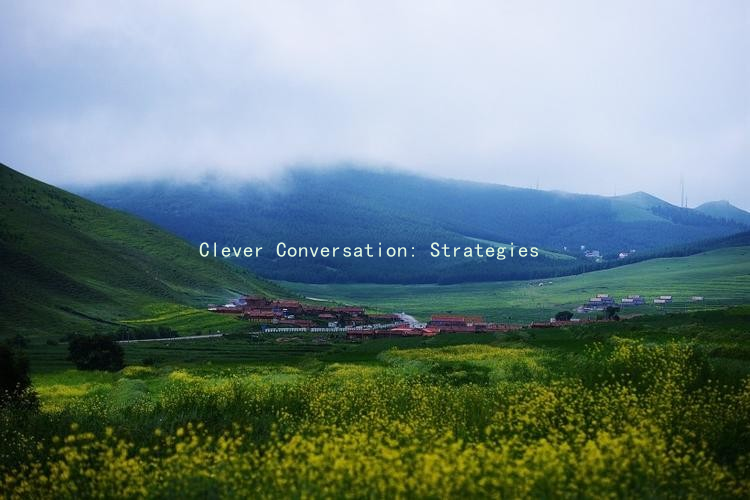Navigating Conflicts: Couples Relationship Management Strategies
Navigating Conflicts: Couples Relationship Management Strategies
In any romantic relationship, conflicts are inevitable. Whether they arise from differing opinions, unmet expectations, or external pressures, how couples handle these disputes can significantly influence the health and longevity of their relationship. Understanding effective conflict resolution strategies can empower couples to navigate rough waters and emerge with stronger bonds.
1. Open Communication: The Foundation of Resolution
The cornerstone of resolving conflicts lies in open and honest communication. When issues arise, it’s essential for both partners to express their feelings and perspectives without fear of retribution. Creating a safe space for dialogue can help couples articulate their needs and concerns effectively. Using I statements instead of you statements—such as “I feel hurt when…” instead of “You always make me feel…”—can reduce defensiveness and promote understanding.
2. Active Listening: Emphasizing Empathy
Active listening is a vital skill in conflict resolution. It involves fully concentrating on what your partner is saying, acknowledging their feelings, and reflecting back what you have heard. This technique not only shows that you value their opinion but also encourages a more profound connection. Phrases like “I hear you saying that…” or “It sounds like you’re feeling…” can validate your partners emotions and foster an environment of empathy.
3. Timing Matters: Choosing the Right Moment
Timing can make or break a conversation about conflict. It’s crucial to address issues when both partners are calm and can engage in a constructive discussion. Avoid bringing up sensitive topics in high-stress situations or when either party is preoccupied with other matters. Instead, set aside a time to talk when both individuals are more likely to be receptive and relaxed.
4. Compromise: Finding Middle Ground
Compromise is an essential aspect of any successful relationship. In conflicts, both partners may need to give a little to find a solution that respects both perspectives. Instead of insisting on having things your way, approach the situation with a mindset geared toward collaboration. Explore options that satisfy both parties, and be open to adjusting your stance if it leads to a better outcome for the relationship.

5. Take a Break: Cooling Off Together
Sometimes, conflicts can escalate quickly, leading to heated arguments. When emotions run high, it might be beneficial to take a break and reconvene after cooling off. A brief pause can allow both partners to collect their thoughts and approach the situation more rationally. Establish a mutual agreement on when to resume the discussion, which helps prevent further misunderstandings.
6. Focus on Solutions, Not Blame
When addressing conflicts, it’s easy to fall into the trap of blaming one another. Instead, shift the focus from who is at fault to how the issue can be resolved. Collaborate on identifying practical solutions and work together to implement them. This mindset promotes a sense of teamwork and camaraderie rather than division.
7. Seek Outside Help if Needed
Sometimes, couples may encounter conflicts that they cannot resolve alone. In such cases, seeking professional help from a therapist or counselor can provide valuable insights and strategies. A neutral third party can assist couples in identifying patterns that may lead to conflicts and help them develop effective communication skills.
8. Cultivate Gratitude and Positivity
Finally, a proactive way to manage conflicts in a relationship is to cultivate an atmosphere of gratitude and positivity. Acknowledge each other’s efforts and express appreciation regularly. Building a foundation of positive feelings can buffer against the stress of conflicts and create a more resilient relationship overall.
In conclusion, navigating conflicts is a significant part of maintaining a healthy relationship. Using strategies such as open communication, active listening, and compromise can help couples address issues constructively. By focusing on solutions rather than blame and fostering a supportive environment, partners can turn challenges into opportunities for growth and deepen their connection. Remember, every conflict can be a chance for understanding, learning, and ultimately strengthening the bond between partners.





